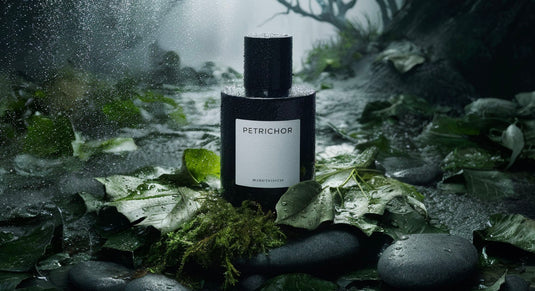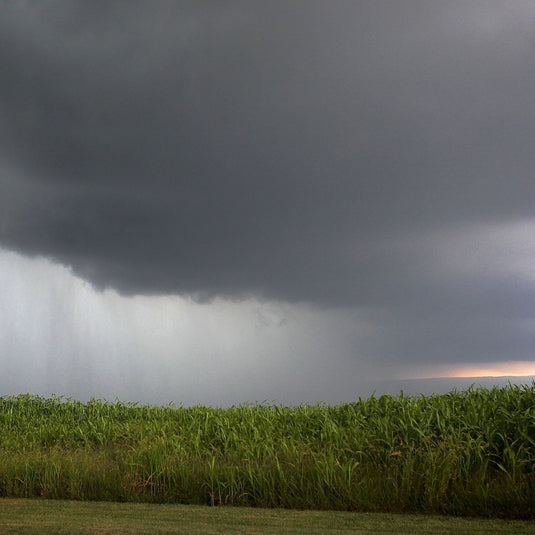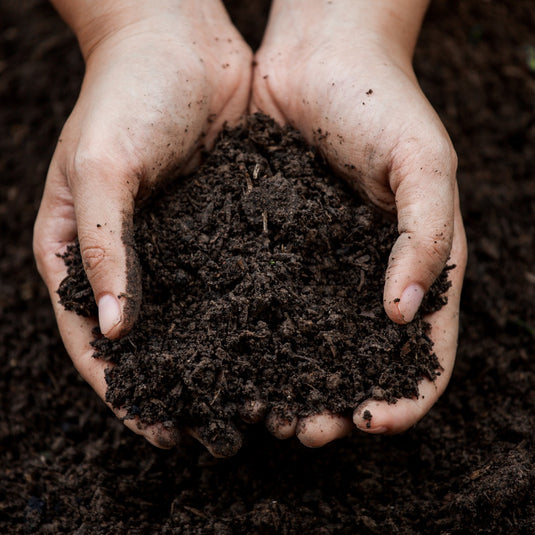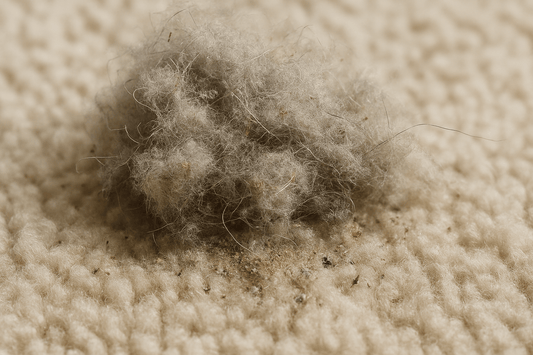Taking a deep breath after a refreshing downpour reveals an unmistakable, earthy aroma that transports many back to childhood days spent playing outside. This enchanting smell, known as petrichor, has fascinated people for centuries. The source of this aroma? The world of microbes.

Nature's finest perfume
Petrichor describes the pleasant scent that arises when rain hits dry soil. The main compound responsible for this scent is geosmin, a term derived from the Greek words for earth, “ge,” and odor, “osme.” Geosmin is produced by a group of soil-dwelling bacteria known as Actinomycetes. These bacteria play a crucial role in decomposing organic matter and recycling nutrients back into the ecosystem.
The Role of Actinomycetes
Actinomycetes are filamentous bacteria that thrive in soil. They break down complex organic materials, such as dead plants and animals, into simpler substances that can be absorbed by plants, maintaining soil fertility and ecosystem health. When it rains, Actinomycetes produce spores that are released into the air along with geosmin. Humans can detect geosmin even at very low concentrations, which explains the pronounced smell after a rainfall.

Why Do Microbes Make Geosmin?
Until very recently, scientists didn’t know why microbes make geosmin. In 2020, scientists in Sweden discovered that Streptomyces bacteria produce geosmin to attract small invertebrates called springtails in the soil to carry their spores. This helps the bacteria reproduce by dispersing their spores to new locations. Other organisms can detect geosmin too. It attracts mosquitos but repels fruit flies, helping them navigate their environments in ways that benefit their survival.
Geosmin in Our Daily Lives
Geosmin can be found in many places besides soil, including lakes, rivers, drinking water, wine, fish, beets, mushrooms, and carrots. If a vegetable or fruit smells like dirt, you can pretty safely assume it’s geosmin.
Most people enjoy the earthy aroma of geosmin when smelling soil in the garden or rain. A synthetic version is added to perfumes, and you can even find it in candles. It brings a sense of nature indoors, making environments feel fresh and natural.
As much as we love the smell of geosmin, it is often unpleasant when tasted in food, particularly in fish and drinks like water and wine. Geosmin poses a significant problem for the food, beverage, aquaculture, and water industries. Many studies focus on finding ways to remove geosmin from consumables. Adding acid such as vinegar or lemon juice to geosmin-containing food or drink can neutralize its flavor, making it more palatable.
All thanks to microbes
The interaction between rain and soil bacteria is a perfect example of how microbes quietly shape our environment. These tiny organisms are all around us, from the soil beneath our feet to the food we eat, playing crucial roles in maintaining life on Earth. Next time you catch the scent of petrichor, take a moment to appreciate the incredible microbial world at work!

Sources
Microbiology Society, 2015. The smell of the soil. Available at: https://microbiologysociety.org/publication/past-issues/soil/article/the-smell-of-the-soil.html
Liato, V., 2017. Geosmin as a source of the earthy-musty smell in fruits, vegetables, and water: Origins, impact on foods and water, and review of the removing techniques. Chemosphere, 181, pp.9-16. Available at: https://www.sciencedirect.com/science/article/abs/pii/S0045653517305623
Discover more
-

WELKE CERTIFICATIES HEEFT YOKUU?
Bij YOKUU geloven we dat schoonmaken zacht moet zijn voor je huis, je gezondheid én de planeet - met 1 miljard poetshulpjes per product. We zijn ons ervan bewust dat...
WELKE CERTIFICATIES HEEFT YOKUU?
Bij YOKUU geloven we dat schoonmaken zacht moet zijn voor je huis, je gezondheid én de planeet - met 1 miljard poetshulpjes per product. We zijn ons ervan bewust dat...
-

FRAGEN SIE JORIS: WARUM RIECHEN MEINE KLEIDUNG ...
Ist Ihnen schon einmal aufgefallen, dass manche Kleidungsstücke selbst nach dem Waschen noch riechen? Das ist nicht einfach nur Pech (oder schlechte Kleidung) … es ist ein Phänomen namens Permastink....
FRAGEN SIE JORIS: WARUM RIECHEN MEINE KLEIDUNG ...
Ist Ihnen schon einmal aufgefallen, dass manche Kleidungsstücke selbst nach dem Waschen noch riechen? Das ist nicht einfach nur Pech (oder schlechte Kleidung) … es ist ein Phänomen namens Permastink....
-

YOKUU'S CARPET MICROBIOME STUDY
As a bioengineer, Joris (founder of YOKUU), runs his own lab studies to discover how exactly bacteria can improve the health of our homes. In this particular study, from late...
YOKUU'S CARPET MICROBIOME STUDY
As a bioengineer, Joris (founder of YOKUU), runs his own lab studies to discover how exactly bacteria can improve the health of our homes. In this particular study, from late...












